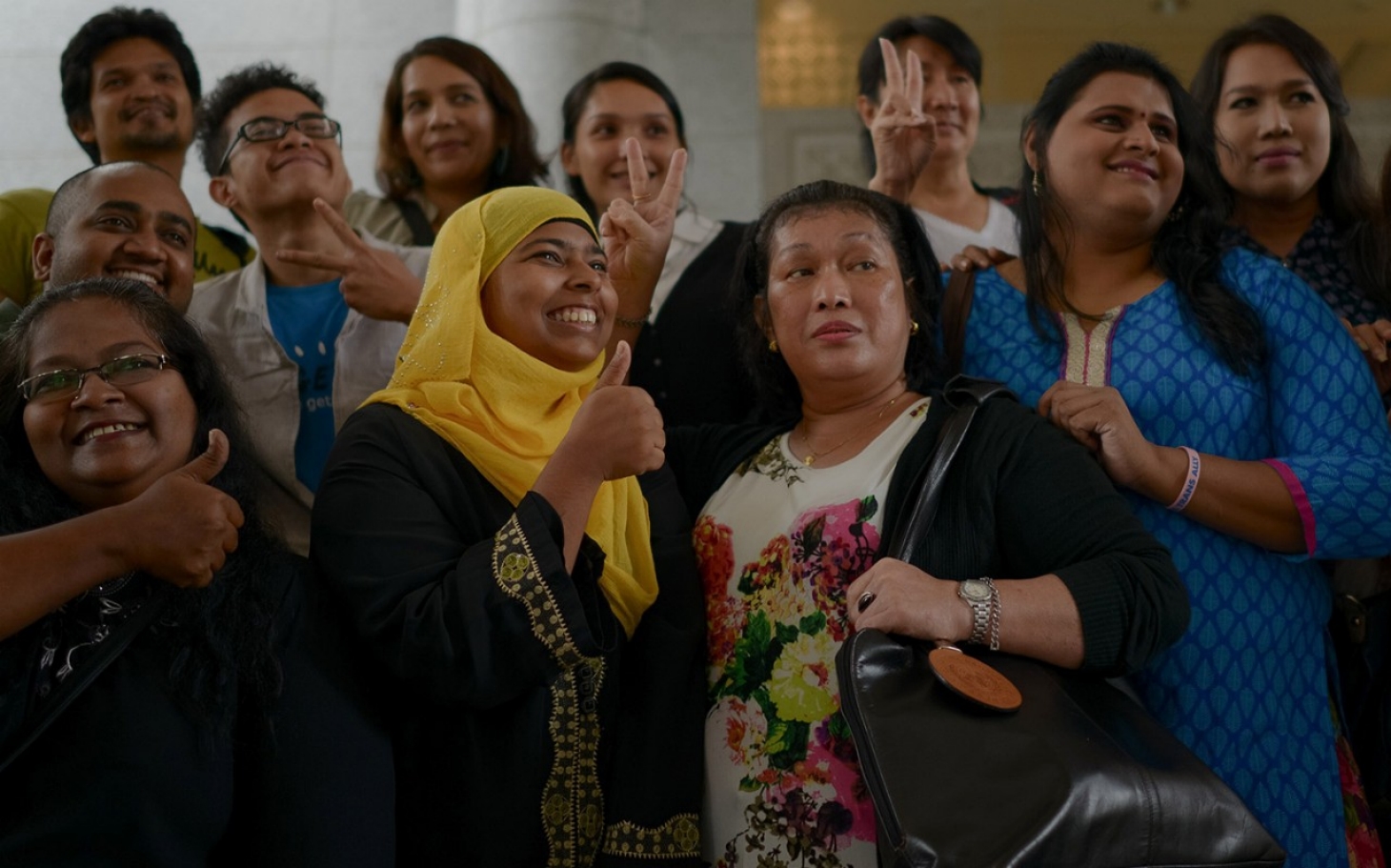
In French, we have étudiants and étudiantes. There’s no equivalent to accords in English, male and female students are still referred to as students. As you can see, there are many options, which is one of the many reasons it’s so important to ask people their pronouns, especially in French and bilingual contexts. il or elle in French but them/them in English). Sometimes people use different pronouns in French and English (i.e. Oh and of course some non-binary people still use “il” or “elle”. In which case, or if I don’t know someone’s pronouns yet, I try to use common gender neutral pronouns. N’importe quel : more and more people don’t care what pronouns you use.

Maybe you’ve seen people go by she/they? It’s like that. They might have a default and one or many alternatives, or not. depending on context, their mood or randomly. ael est fatigae, see next section)Ĭelleux, ellui, toustes : contractions of “celles” and “eux”, of “elle” and “lui” and of “tous” and “toutes”, useful and cute for some third person formulations.Įn alternance : sometimes people will want you to switch between il, elle, iel, etc. Ul, ol : totally outside the binary! I would say they’re about as commonly used as xe/xem, ze/zir and just as valid and important to remember.Īel : another one not based on il/elle, sometimes with matching accords (i.e. For this reason, it’s also possible spell “iel” as “yel”Įl, y : out loud they sound just like “elle” and “il” but they’re written differently. Not everyone likes to use iel or ille because they were still created from the masculine/feminine pronouns. Iel, ille : two different ways of contracting “il” and “elle”, from experience I would say they are the most popular (here in Québec at least). Here are some of the neo-pronouns that were created to refer our french-speaking gender-neutral siblings :

There is no exact equivalent of they/them in French. I’ll try to keep it simple and present the main ones, but a reminder that there’s lots of different people and communities using their own unique vocabulary, dialect and slang. It’s still a work in progress (in French we like to say that “languages are alive and that they’re always evolving”), but in the meantime we did come up with some solutions. 🙂įrench is a deeply, profoundly gendered and sexist language and us, trans and non-binary folx, had to get quite creative to fix some of it’s glaring issues. They also asked friends who work in the government, how they have seen this addressed, and didn’t get very far…įirst off, I love that people like you exist! Not every school employee would go out of their ways to make sure every student feels safe and included. Here are the resources the teachers showed me that they looked at.
#Non binary folx meaning how to#
I also don’t speak much french, so I don’t even know what questions to ask to find out how to do it. When I have to write a report, and it needs to be in 3rd person, I use a capital for Them to indicate it refers to me, and not a group of people.
#Non binary folx meaning full#
But when it comes to making a full sentence, with adjectives, verbes… no one seems to have found a resource that explains making the whole sentence flow together, and how to conjugate all of the words together. And one french teacher told me she’s seen some gender neutral spelling of some subjects.

There are some pronouns we know about, like ielle, or lelle. Some of the french teachers have asked me how to use gender neutral grammar in french. First off, I love that this site exists:)


 0 kommentar(er)
0 kommentar(er)
